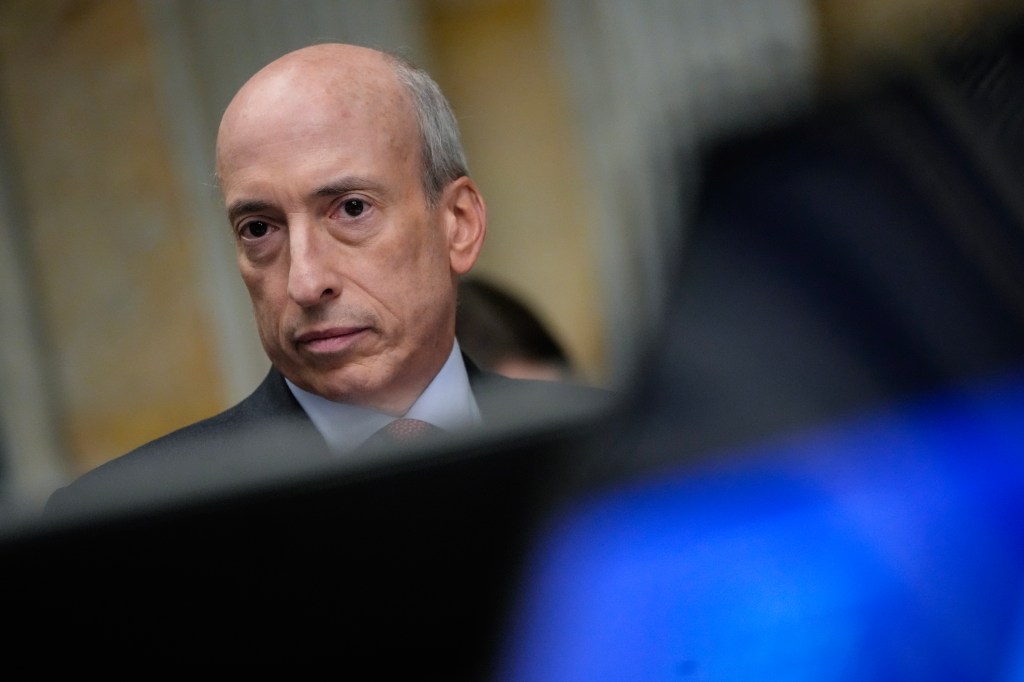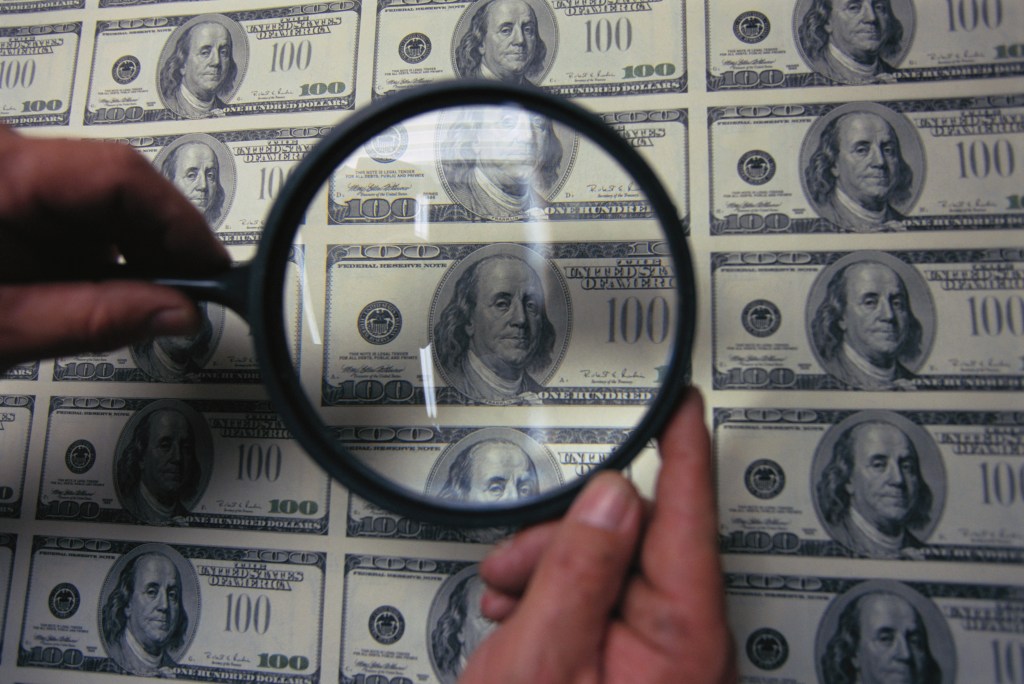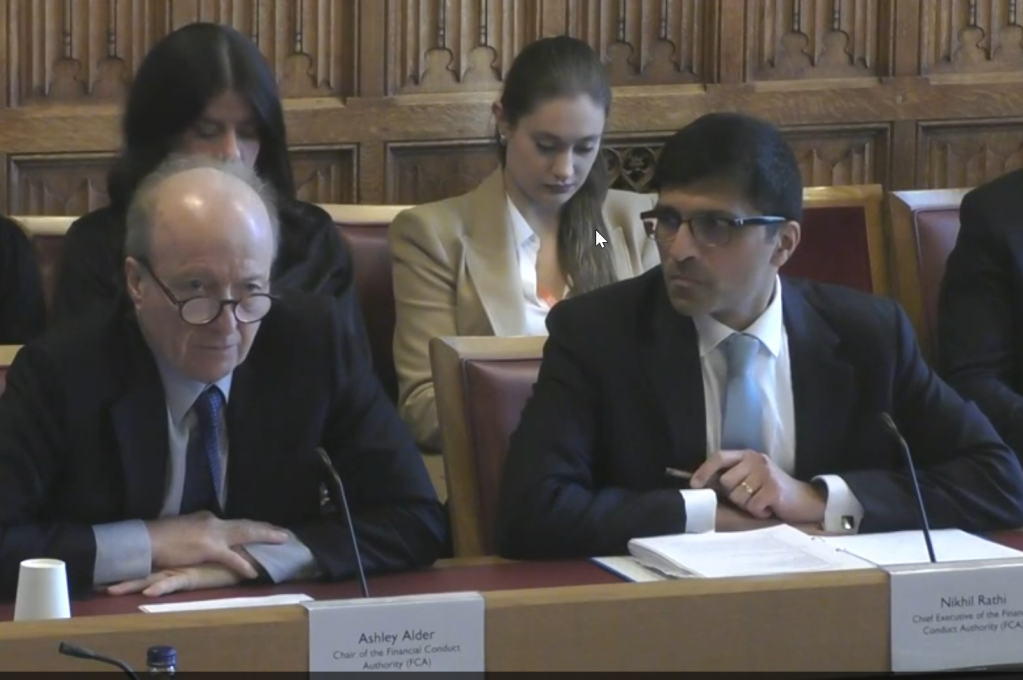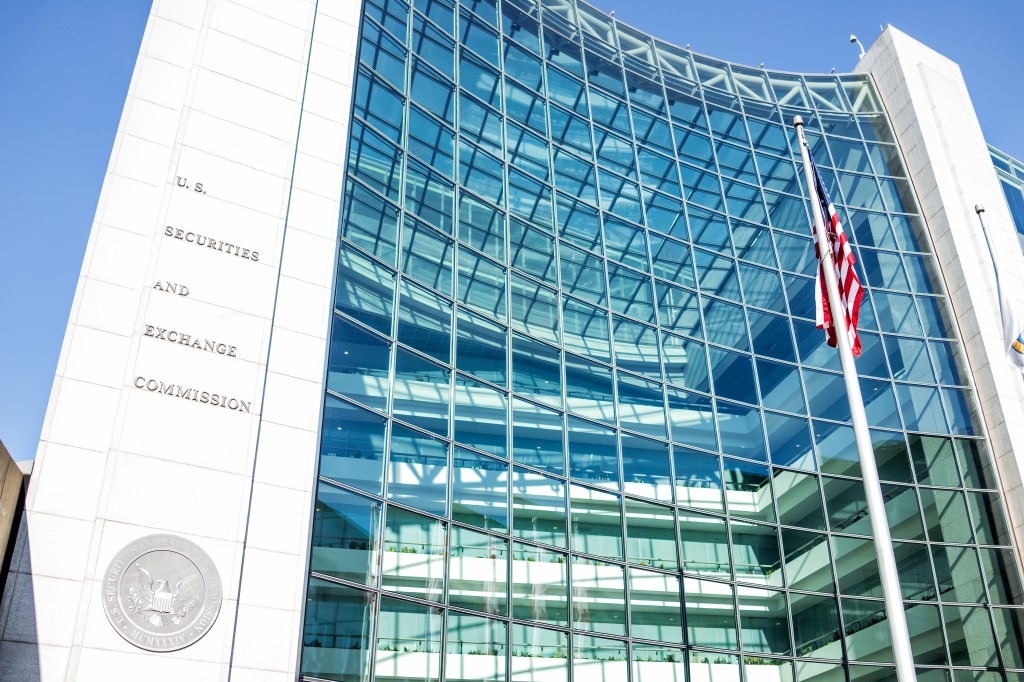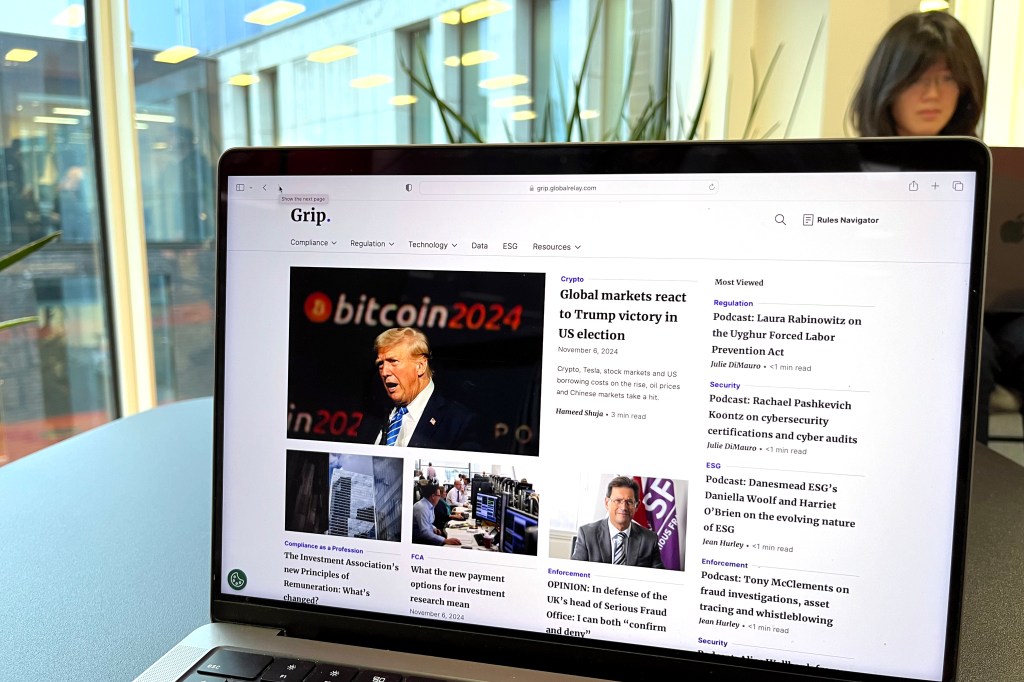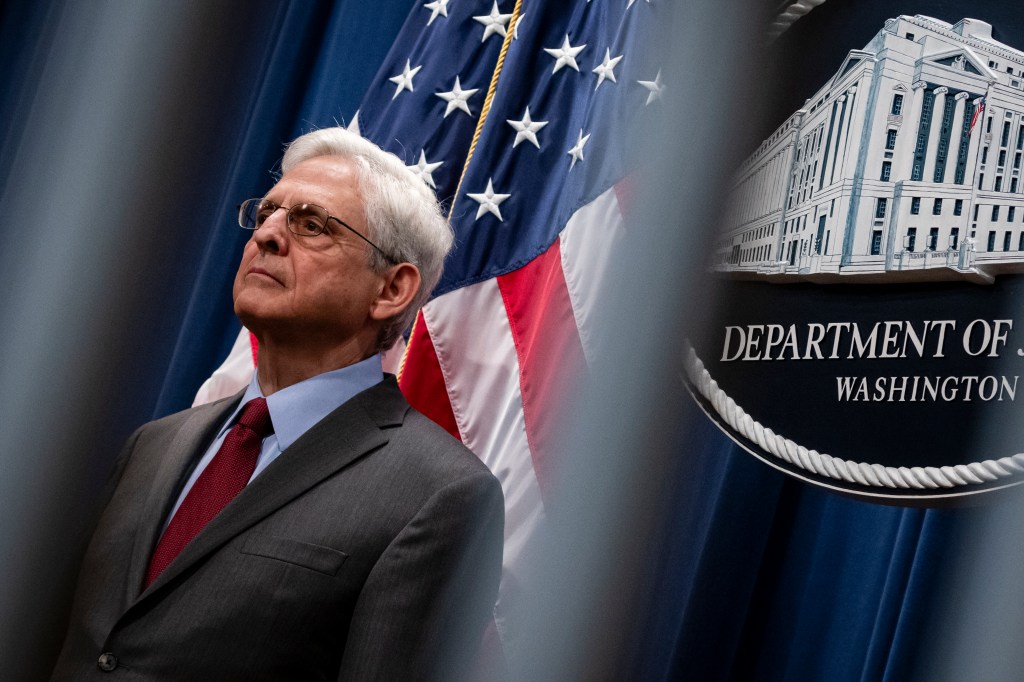Federal prosecutors in Manhattan are investigating whether Tether violated money laundering and sanctions laws through its use by global criminal networks for drug trafficking, terrorism, and hacking. Specifically, the Justice Department is focusing on whether Tether has been used by third parties to finance such illicit activities or to launder the proceeds generated from them.
And the Treasury Department has been considering sanctioning Tether because of its cryptocurrency’s widespread use by individuals and groups sanctioned by the US, including the terrorist group Hamas and Russian arms dealers.
The WSJ broke the news last Friday, noting the company is adamantly denying the allegations. Tether’s CEO Paolo Ardoino said: “As we told [the] WSJ there is no indication that Tether is under investigation. WSJ is regurgitating old noise. Full stop,” in a post on the social media platform X.
Stablecoins and national security concerns
The cryptocurrency and stablecoin company has a market cap of $120 billion, and its dollar-pegged stablecoin serves an integral role as the settlement currency for crypto trading and a hedge against volatility in many countries whose populations do not have access to dollars.
But there have been questions about how exactly the stablecoin is backed, and about the the use of Tether for criminal activities. Unlike more volatile cryptocurrencies, tether’s value is pegged to the dollar, making it an ideal substitute in places where use of the US currency has been banned by US regulators.
The stablecoins have been a vital financing tool for such things as North Korea’s nuclear-weapons program, Mexican drug cartels, Russian arms companies, Middle Eastern terrorist groups and Chinese manufacturers of chemicals used to make fentanyl – all prime US national security concerns.
The Justice Department began an investigation into Tether several years ago, looking at whether some of Tether’s backers committed bank fraud by using falsified documents to get access to the global banking system, people familiar with the case told the WSJ.
Tether has stepped up its efforts to monitor how its cryptocurrency is used, but its executives continue to say that the public nature of the ledgers used to track many tether transfers makes it unsuitable for criminality and enhances authorities’ ability to surveil and potentially seize it from bad actors. In September, Tether and Tron announced a new partnership with TRM Labs called the T3 Financial Crime Unit.
Questions have dogged the firm
Tether was one of the earliest iterations of a stablecoin – a type of cryptocurrency that is pegged to an underlying asset such as a fiat currency or commodities such as gold or oil.
While Tether faces competition from rivals (such as USDC, a stablecoin project backed by Circle and Coinbase) and new stablecoins being issued by PayPal, its offshore operations have made it an appealing option for people in countries outside the scope of the US.
Despite Tether’s astronomic growth, the firm also faced continued questions about its management, including whether the stablecoin was actually fully backed by dollars. An investigation by Bloomberg in 2021 revealed that a good portion of Tether’s reserves were held in risky assets such as commercial paper from Chinese companies.
Tether paid $61m to resolve investigations by the New York State Attorney General’s Office and the Commodity Futures Trading Commission that found the company had misrepresented the assets that back its cryptocurrency.
The company has insisted it no longer engages in this practice, but it has yet to undergo a traditional audit due to what it says is difficulty in persuading major accounting firms to take it on as a client.
As the WSJ notes, criminal charges against Tether could be bad news for Cantor Fitzgerald, the brokerage firm that counts Tether as a major client; the company manages most of Tether’s reserve assets, including more than $80 billion of treasurys.

